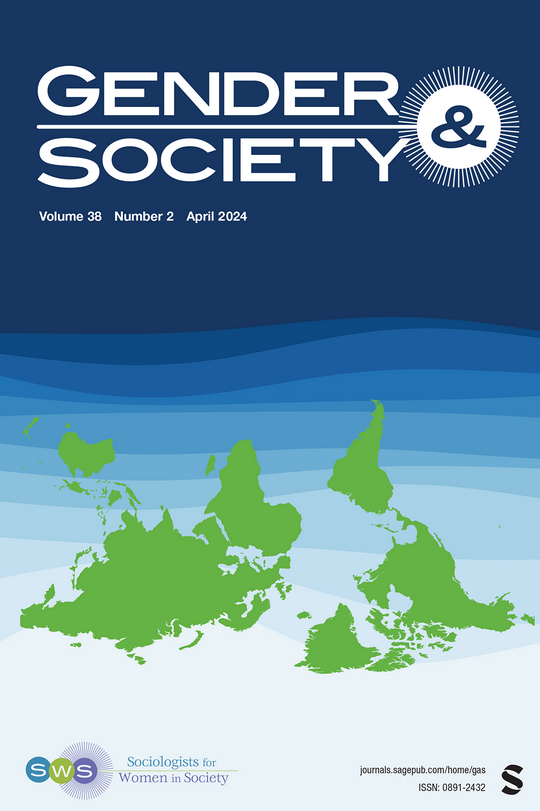包容的幻觉:审视印度董事会性别配额规定的涓滴效应
IF 7.2
1区 社会学
Q1 SOCIOLOGY
引用次数: 0
摘要
在这项研究中,我探讨了董事会性别配额在印度的后果,印度是第一个实施这种政策的发展中国家。董事会性别配额的支持者认为,这样的政策应该通过支持女性在较低级别的任命来消除性别组织,从董事会以下的高级管理人员开始(即积极的涓滴效应)。我对这些规范性论点提出质疑,认为组织中根深蒂固的性别结构,加上印度董事会性别配额的性质,可能会阻碍这种效果。在分析了2007-2017年印度184家最大的上市公司后,我发现董事会性别配额导致女性在公司董事会中的任命增加,对配额前女性董事人数较多的董事会的积极影响较小。然而,在该规定宣布后,公司减少了对董事会以下高级管理人员的任命。因此,女性通过配额进入董事会职位似乎通过减少高级管理人员中的女性任命来重塑性别组织。本文章由计算机程序翻译,如有差异,请以英文原文为准。
Illusion of Inclusion: Examining Trickle-Down Effects of the Board Gender Quota Regulation in India
In this study, I explore the consequences of the board gender quota in India, the first developing country to implement such a policy. Proponents of board gender quotas argue that such policies ought to undo the gendered organization by bolstering up appointments of women in lower ranks, starting with senior executive ranks just below the board (i.e., positive trickle-down effects). Challenging these normative arguments, I argue that deeply rooted gender structures in organizations, coupled with the nature of the board gender quota in India, may hinder such effects. After analyzing 184 of the largest publicly listed firms in India during 2007–2017, I found that the board gender quota led to an increase in the appointment of women to corporate boards, with a smaller positive effect for boards with higher numbers of female directors before the quota. However, firms reduced appointments of women to senior executive ranks below the board after the announcement of the regulation. Hence, it seems that women’s access to board positions through a quota resulted in redoing the gendered organization by reducing female appointments at senior executive levels.
求助全文
通过发布文献求助,成功后即可免费获取论文全文。
去求助
来源期刊

Gender & Society
Multiple-
CiteScore
9.70
自引率
3.60%
发文量
78
期刊介绍:
Gender & Society promotes feminist scholarship and the social scientific study of gender. Gender & Society publishes theoretically engaged and methodologically rigorous articles that make original contributions to gender theory. The journal takes a multidisciplinary, intersectional, and global approach to gender analyses.
 求助内容:
求助内容: 应助结果提醒方式:
应助结果提醒方式:


